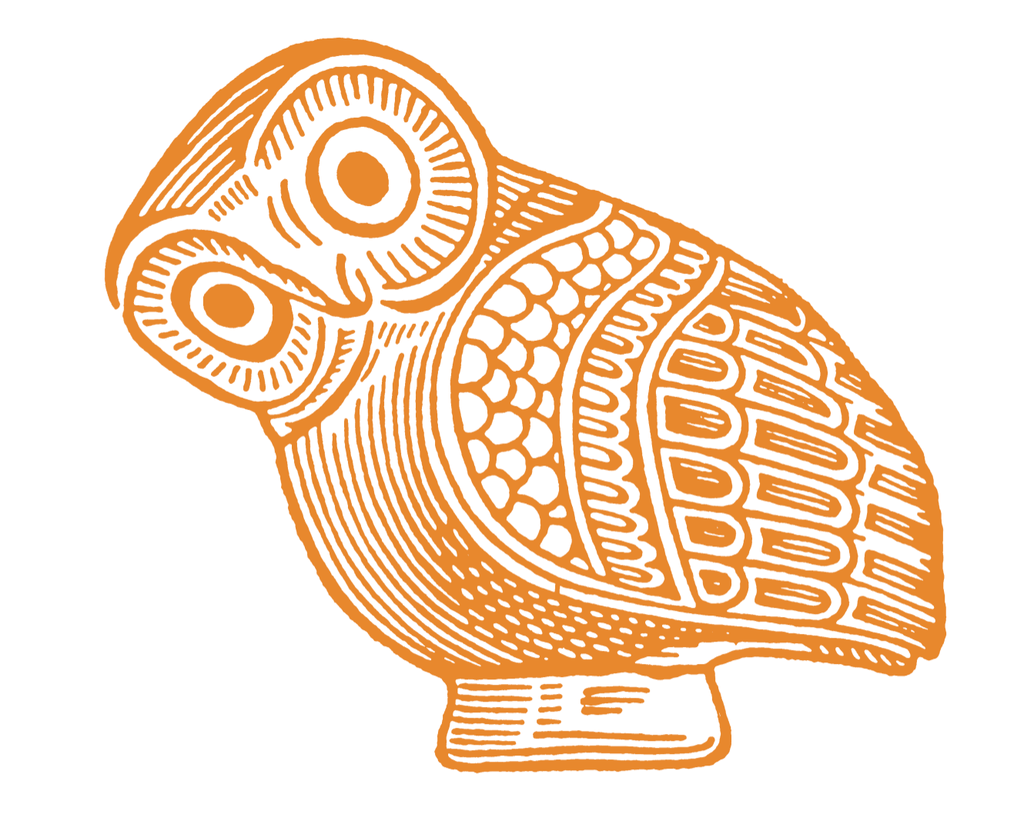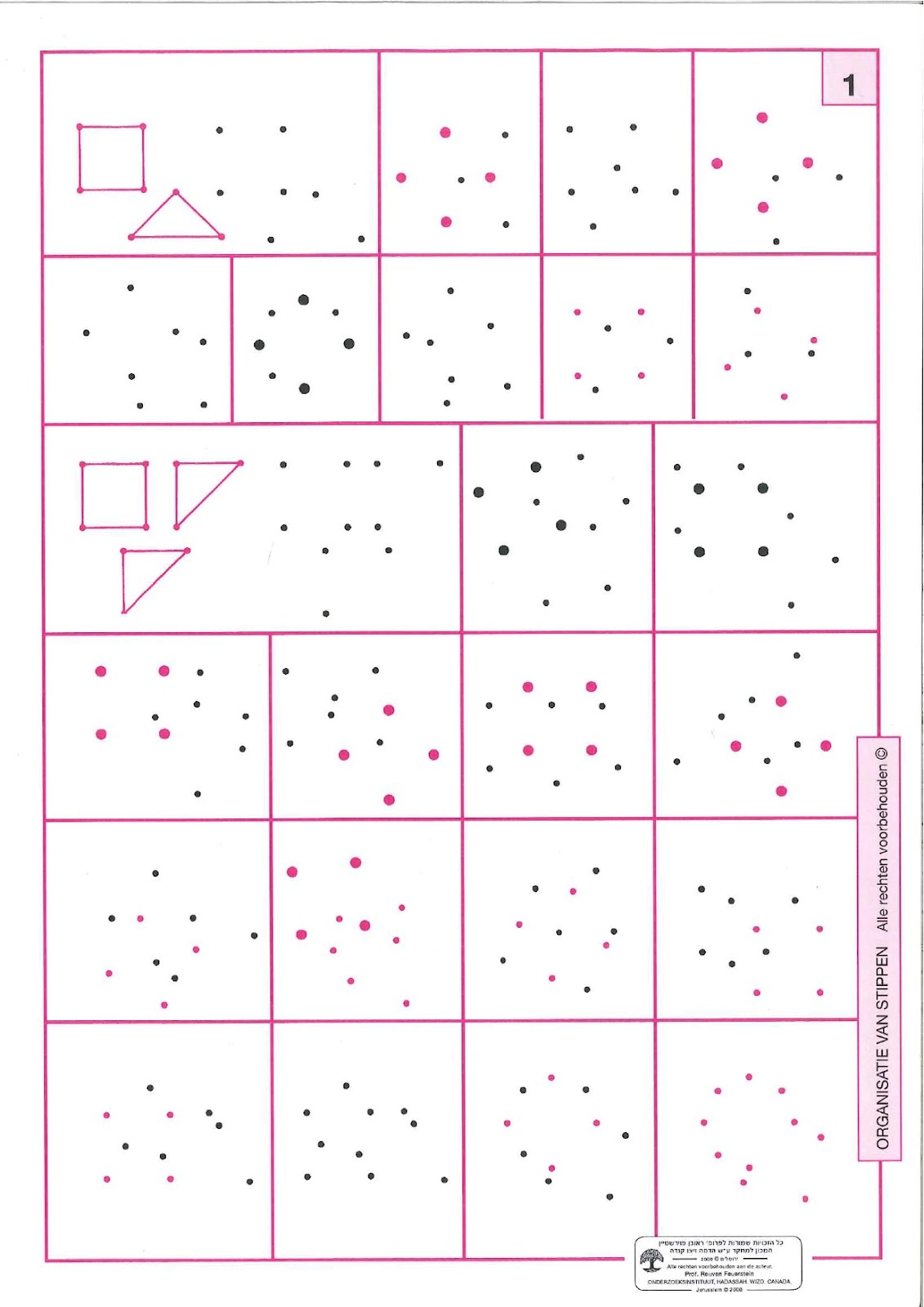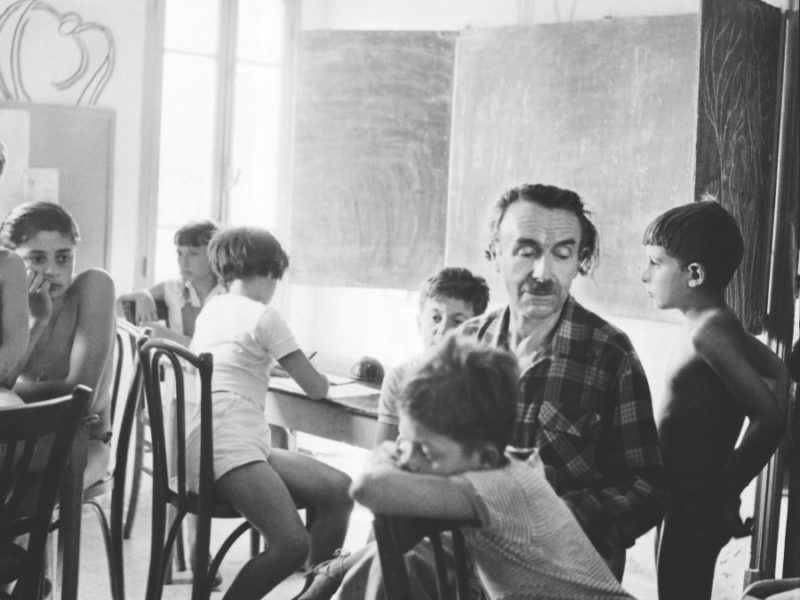 Larry O'Reilly, chief executive of Arht Media, appears as a hologram
at Imperial College Business School in London © Anna Gordon/FT
Larry O'Reilly, chief executive of Arht Media, appears as a hologram
at Imperial College Business School in London © Anna Gordon/FT
Prolegomena to Educatio Digitale

an introductory Studium Generale course by Prof. Dr. Dr. Daniel D. Hromada
What is digital education ?
Digital Education is defined as education with-digital OR education-of-digital.
| education-with-dig. | education-of-dig. | Digital Education |
|---|---|---|
| No | No | ? |
| Yes | Yes | ? |
| Yes | No | ? |
| No | Yes | ? |
Please name some examples for each case.
"Education-of-digital is concerned with transmission of knowledge and competences related to logics, mathematics, computer science*, cybernetics, data science, electrical engineering and information, communication & media theory." (Hromada, 2018)
* "Computer science is no more about computers than astronomy is about telescopes." (Fellows, 1991)
- historical context (1st semester)
- cognitive context (2nd semester)
- sociocultural context (3rd semester)
- Description of historical development of main concepts of computer science (computation, code, machine, information, algorithm, input/output, instruction etc.).
- Course curriculum mirrors the "historical curriculum".
Imagine that it is now 1st January of a year 2170 AD / AE200.
A digital copy of Your "self" has just discovered a forgotten envelope from year 2018 AD in which Your organic self listed ideas, images, dreams, hopes, insights etc. which had been important for You in days of Your distant youth.
Id est, ideas, images, dreams, hopes, insights etc. which Your future self, overloaded by almost two centuries of History, should never forget.
It is a sort of a time capsule, a sort of a "message in the bottle".
Your task in next 15 minutes is to briefly think about that list and write that letter.

What is "the Machine" and how did it develop in the course of centuries ? What is a number, digit, algorithm, representation, information, code, neural network, machine learning ? And what is the role of "humans" in the post-悟道 world ?

Key topics: brain, smartphone addiction, no-mobile-phobia, habit formation, exploitation of dopaminergic system by "social media"
Main focus of our discussions will be put on analysis of impact of digital media on psychology of children and adolescents.
At the beginning of the semester students will divide into small groups and each group will be asked to choose, read, understand and reproduce one experiment known from scientific literature.
Main focus of our discussions will be put on analysis of impact of digital media on psychology of children and adolescents.
At the beginning of the semester students will divide into small groups and each group will be asked to choose, read, understand and reproduce one experiment known from scientific literature.
- Repetitio: Cognitive sciences, cognitivism, cognitive blindness and the unicycle clown, cognitive principles and biases
- Minilectio: Confirmation bias
- Group work: "Digitizing literacy"
- Initiatio to experiments of interest
- Evaluatio
Stuff to read.
If You have any course-related questions, please ask them here.
(use the "Create child knot" button below to pose a new question)
Prof. Dr. Dr. Daniel Hromada
Tutors & SHK
- daniel at udk-berlin.de
- Room 313, Medienhaus
- Sprechstunden 12:30 - 13:30
Tutors & SHK
- Astrid Kraniger a.kraniger@udk-berlin.de
- Nikoloz Kapanadze nikoloz-kapanadze@medienhaus.udk-berlin.de
- Evaluation
- Experiment choice
- Theory of memes
| Date | Topic |
|---|---|
| 12.4 | Introduction |
| 19.4 | NO COURSE (Karfreitag) |
| 26.4 | How to read scientific articles |
| 3.5 | Google, Brain & co. |
| 10.5 | Cognitive sciences |
| 17.5 | Cognitive psychology |
| 24.5 | Abstracts |
| 31.5 | OPTIONAL COURSE (Christihimmelfahrt Brückentag) |
| 7.6 | Memetic theory |
| 14.6 | Theory of multiple intelligences |
| 21.6 | Developmental aspects |
| 28.6 | Socrates & Gestalt |
| 5.7 | Symposion |
| 12.7 | Summa Summarum |
Group 1 - Aaron, Philip
Group 2 - Frederico, Hannes
Group 3 - Astrid, Maja, Kohei
Group 4 - Adam, Patrick
Group 5 - Ozcan, Akif, Anna-Luisa
Group 2 - Frederico, Hannes
Group 3 - Astrid, Maja, Kohei
Group 4 - Adam, Patrick
Group 5 - Ozcan, Akif, Anna-Luisa
- You can validate the course either as Wissenschaften / Theorie fach or Studium Generale course
- in both cases I can give only 2 credits *
- those who opt for the Studium Generale option and do particulary well can get note "eins" auf SG-schein
* but we do not study because of credits, do we ?
Manfred Spitzer - Digitale Demenz; Smartphone Epidemy
- Introduce You to cognitive sciences
- Show You how to work with scientific literature
- Get our digital habits under control
- do some experiments
- learn something from You and have fun
- Repetitio
- Theory of multiple intelligences
- Experiments
- After smartphone: towards a new digital education artefact
- Repetitio
- Summing up Small et al.
- Lectio: cognitivism, mind, cognitive processes, cognitive biases, cognitive principles, embodied cognition
- Your evaluation of this course
- Work: Digitizing literacy: reflections on haptics of writing
- Experiment 1
For all:
For those who want to validate this course as Studium Generale
- attendance at least 60% of seminars obligatory
- participation in the group work
For those who want to validate this course as Studium Generale
- if You visit more than 10 out of 12 sessions and do the group work, You're done
- if You visit more than 7 courses, You'll have to do additional compensation work
- Repetitio
- Group work 1: Interpreting Small et al. (2009)
- Lectio: Cognition, cognitive sciences, cognitive functions, cognitive psychology
- Group work 2: Sentiment detection in "Meet Your iBrain" article
- Your evaluation of this course
- Experiment 0
Please choose one among following experiments on presentation/realisation of which You shall participate.
- Repetitio: Sessions 1 (Introduction) and 2 (How to read scientific articles)
- Group work 1 : Carr (2008) Is Google making us stupid ?
- Lectio: Brain
- Group work 2 : Small et al. (2009) Your Brain on Google: Patterns of Cerebral Activation during Internet Searching
- Anticipatio
ACHTUNG :: Today's session will be most probably the most difficult one.
- http://bildung.digital.udk-berlin.de/prolegomena2
- https://kastalia.medienhaus.udk-berlin.de/4161
- Astrid will give You Your kastalia login / password next week
- Repetitio (Theory of multiple intelligences)
- Some administrative stuff (we meet in Medienhaus garden next week, 12th July course etc.)
- Your experiments
- Developmental aspects
- The nightmare videos of children's Youtube
- After smartphone: towards a new digital education artefact
Presentation by Dr. M. Mihalilkova.

Didactics is science of teaching. And teaching is an art. In this seminar we shall move from present all the way to origins of "school" in order to understand why contemporary education systems are as they are and how shall they potentially evolve. We shall discuss the extent in which digital instruments (computers, beamers, holograms etc.) and practices transform and shall transform the Learner, Teacher and their mutual relation.
discussion & lecture seminar accompanied by Prof. Dr. Dr. Daniel Devatman Hromada
Hardenbergstr. 33, Raum 004, Thursdays 10:15 - 11:45
https://bildung.digital.udk-berlin.de/didactic

Herbart, Humbold, Fra Bartolomeo




Each student who wants to validate this course as members of the "non-digital" should become a part of group which is going to teach and lead a 45-minute course.
2) target audience (pre-schoolers ? pupils ? adolescents ? adults ? alzheimer patients ?)
3) instruments and media You are going to use (digital media not allowed for non-dig. groups)
Make sure You define:
0) where ? (e.g. classroom, hall, street, atelier, garden)
1) question which is going to be addressed by the course2) target audience (pre-schoolers ? pupils ? adolescents ? adults ? alzheimer patients ?)
3) instruments and media You are going to use (digital media not allowed for non-dig. groups)
T.B.D.
.png)

Brunner, Feurstein, Piaget

What is Fairy Tale in Post-Industrial society?
During the almost more than 80 000 years Fairy Tale was one of the most important if not the only one epistemological instruments for education. Within the past 300 years such role is slowly shifted by other educational tools co-developing with industrial development of society. We'll discuss the role of Fairy Tale as an educational tool as well as it's transformation and substitution of it's function within the context of industrialization of society.

Montessori, Steiner, Freinet
 Larry O'Reilly, chief executive of Arht Media, appears as a hologram
at Imperial College Business School in London © Anna Gordon/FT
Larry O'Reilly, chief executive of Arht Media, appears as a hologram
at Imperial College Business School in London © Anna Gordon/FT
Herbart, Humbold, Fra Bartolomeo

Each student who wants to validate this course as members of the "digital" should become a part of group which is going to teach and lead a 45-minute course.
Make sure You define:
0) where ? (e.g. classroom, hall, street, garden, atelier)
1) question which is going to be addressed by the course
2) target audience (pre-schoolers ? pupils ? adolescents ? adults ? alzheimer patients ?)
3) instruments and media You are going to use (at least one kind of digital instrument or medium obligatory for members of the dig. group)
Make sure You define:
0) where ? (e.g. classroom, hall, street, garden, atelier)
1) question which is going to be addressed by the course
2) target audience (pre-schoolers ? pupils ? adolescents ? adults ? alzheimer patients ?)
3) instruments and media You are going to use (at least one kind of digital instrument or medium obligatory for members of the dig. group)

/